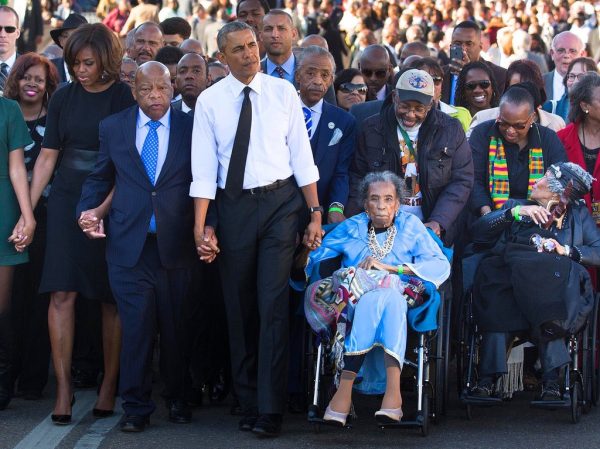September 15 begins Hispanic Heritage Month!
In honor of Hispanic Heritage Month (September 15-October 15), The Cardinal will feature a prominent Hispanic person who has created change and/or influenced the world to be a better place. We start the month off with Cesar Chavez.
September 15, 2020
Cesar Estrada Chavez, was a prominent union leader and labor organizer. Hardened by his early experience as a manual laborer, Chavez founded the National Farm Workers Association in 1962. Stressing nonviolent methods, Chavez drew attention for his causes via boycotts, marches and hunger strikes. Despite conflicts with the Teamsters union and legal barriers, he was able to secure raises and improve conditions for farm workers in California, Texas, Arizona and Florida.
Chavez was born on March 31, 1972, in Yuma, Arizona. Chavez moved to California with his family in 1939. During this period Chavez encountered the conditions that he would dedicate his life to changing: wretched migrant camps, corrupt labor contractors, meager wages for backbreaking work, bitter racism.
Chavez’s drawing on the imagery of the civil rights movement, his insistence on nonviolence, his reliance on volunteers from urban universities and religious organizations, his alliance with organized labor, and his use of mass mobilization techniques such as a famous march on Sacramento in 1966 brought the grape strike and consumer boycott into the national consciousness. In 1968 Chavez went on a twenty-five days to protest the increasing advocacy of violence within the union. Victory came finally on July 29, 1970, when twenty-six Delano growers formally signed contracts recognizing the UFW and bringing peace to the vineyards.
It is believed that Chavez’s hunger strikes contributed to his death: He died on April 23, 1993, in San Luis, Arizona. In 2014, U.S President Barack Obama announced that Chavez’s birthday, March 31, would be recognized as a federal commemorative holiday.












